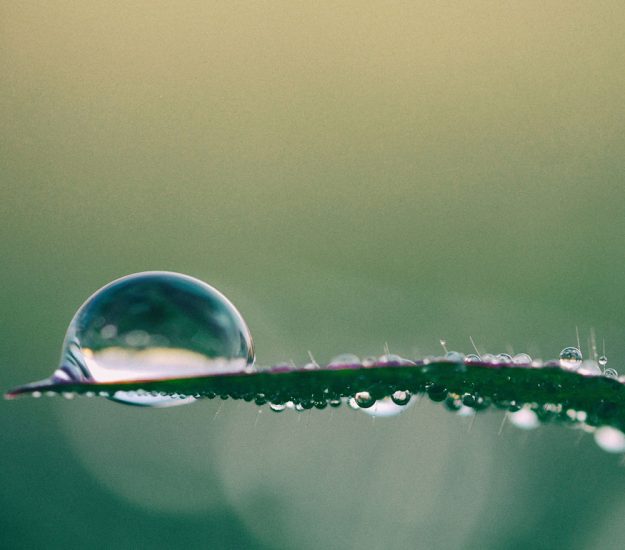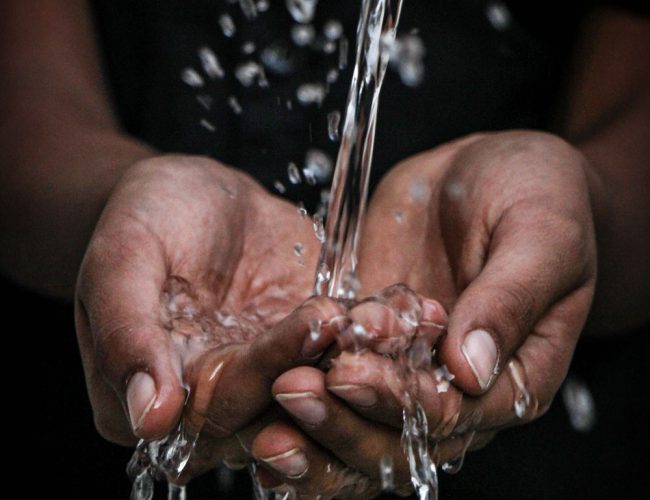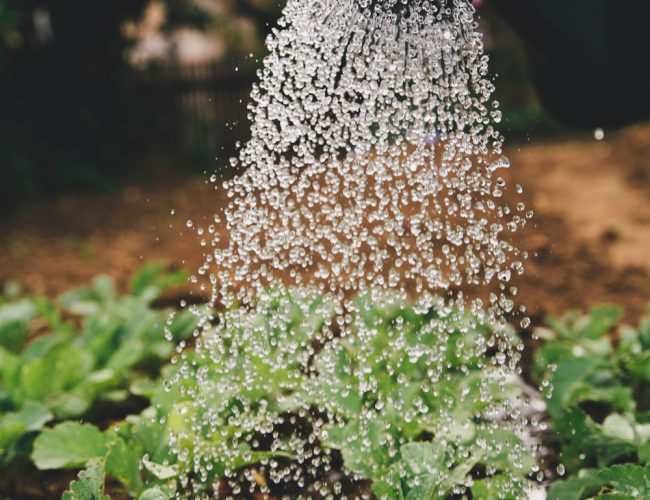After asking ourselves what are the problems faced by water scarcity areas, we came up with answers with the same mind set of circular and nature-inspired technologies. We want to solve the water supply issue, the wastewater problem, the biodiversity and nutrient loss, the availability of jobs (mainly in the high touristic season) and the flush of difficulties that infrastructure has to deal with at the peak of the touristic season, resulting in the unsustainable water demand. The existing utilization of non-conventional water resources at ELT and the upgrades through HYDROUSA, like rainwater for low purity water demand and the low water consumption devices address thoroughly the provision site.
A community of water allies
Aim & Objectives


Impact
The whole water value chain will benefit from this disruptive approach of turning a problem into a solution. With a plethora of application possibilities a variety of additional services can be created: e.g. new standardisation procedures for technical equipment or organic farming, new methods for decentralised urban farming with wastewater, new business models with leasing of biogas equipment, , new open data citizen science activities, farmers utilising and commercialising new systems, new types of community farming with shared toilets, community supported agriculture with closed nutrient cycles, etc.
Innovation Systems
HYDROUSA is based on traditional handcraft and ancient technologies combined with modern NBS, ICT connection and automation systems. HYDROUSA shows a perfect combination of building green infrastructures to make use of the plant-bearing benefits, while closing system loops. We generate green growth with an existing and demanding market while restoring ecosystems. We re-arrange food production as we know it, and turn a problem into a solution. In mid-term, the restorative HYDROUSA model will become self-sustaining.


